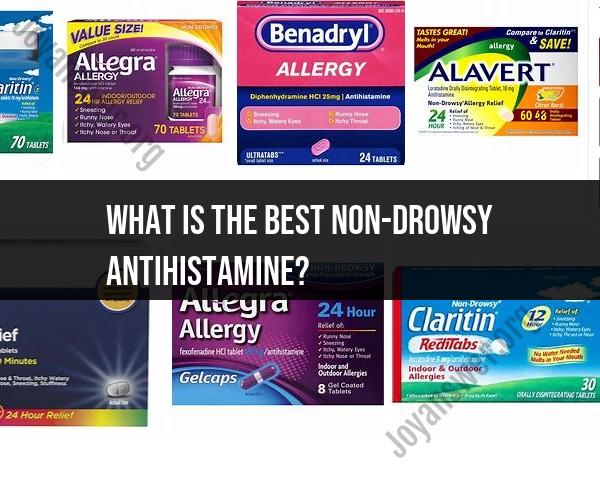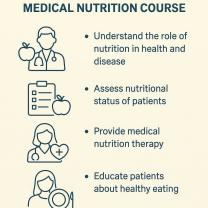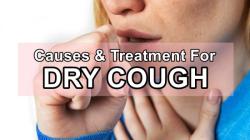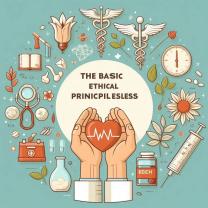What is the best non-drowsy antihistamine?
Selecting the best non-drowsy antihistamine depends on various factors, including the specific symptoms you're treating, personal health considerations, and individual responses to medications. Here are some popular non-drowsy antihistamines, along with their active ingredients, to help guide your selection:
Cetirizine (Zyrtec):
- Active Ingredient: Cetirizine
- Duration: Once daily
- Common Uses: Allergic rhinitis, hives (urticaria)
- Note: May cause mild drowsiness in some individuals, but generally considered non-drowsy for most.
Loratadine (Claritin):
- Active Ingredient: Loratadine
- Duration: Once daily
- Common Uses: Allergic rhinitis, hives (urticaria)
- Note: Generally considered non-drowsy, suitable for daytime use.
Fexofenadine (Allegra):
- Active Ingredient: Fexofenadine
- Duration: Once or twice daily
- Common Uses: Allergic rhinitis, hives (urticaria)
- Note: Usually non-drowsy, recommended for daytime use.
Desloratadine (Clarinex):
- Active Ingredient: Desloratadine
- Duration: Once daily
- Common Uses: Allergic rhinitis, chronic idiopathic urticaria
- Note: Generally non-drowsy.
Levocetirizine (Xyzal):
- Active Ingredient: Levocetirizine
- Duration: Once daily
- Common Uses: Allergic rhinitis, chronic urticaria
- Note: Generally considered non-drowsy.
Azelastine (Astelin, Astepro - nasal spray):
- Active Ingredient: Azelastine
- Duration: Usually twice daily
- Common Uses: Allergic rhinitis
- Note: Nasal spray format, may be effective without causing drowsiness.
Remember that individual responses to medications can vary, so it's essential to consult with a healthcare professional before starting any new medication. Additionally, consider your specific allergy symptoms and any underlying health conditions you may have when choosing an antihistamine.
Identifying the most effective non-drowsy antihistamine options
Determining the "most effective" non-drowsy antihistamine for you depends on several factors, including your specific allergy symptoms, medical history, and individual sensitivities. However, I can help you navigate the options and identify some of the most popular choices known for their effectiveness and low drowsiness potential:
Second-generation non-drowsy antihistamines:
- Fexofenadine (Allegra): Generally considered the least sedating option, even at high doses. It works for 24 hours and effectively relieves sneezing, runny nose, itchy eyes, and hives.
- Loratadine (Claritin): Widely used and affordable, offering good 24-hour relief for nasal and eye allergy symptoms. However, it may have a slightly higher drowsiness risk at higher doses.
- Cetirizine (Zyrtec): Effective for 24 hours against various allergy symptoms, including nasal congestion, itching, and hives. Some people experience drowsiness, especially at higher doses.
- Levocetirizine (Xyzal): A more potent version of cetirizine, offering fast-acting 24-hour relief with a lower risk of drowsiness than the parent molecule.
- Desloratadine (Clarinex): Long-acting (up to 48 hours) with good efficacy for nasal and eye allergy symptoms. Drowsiness is uncommon, but may occur at higher doses.
Other options:
- Azelastine (Astelin): Nasal spray primarily used for nasal congestion and sneezing associated with seasonal allergies. Less likely to cause drowsiness than oral antihistamines.
- Olopatadine (Patanase): Another nasal spray effective for relieving itching, runny nose, and sneezing caused by seasonal allergies. Low drowsiness risk.
Remember:
- Consult your doctor before taking any antihistamine, especially if you have underlying medical conditions or take other medications.
- Individual responses to medications can vary. What works well for one person might not be the best choice for another.
- Start with the recommended dosage and monitor for any side effects.
- Be aware of potential interactions with other medications or supplements you are taking.
I hope this information helps you identify the most effective non-drowsy antihistamine option for your needs.












